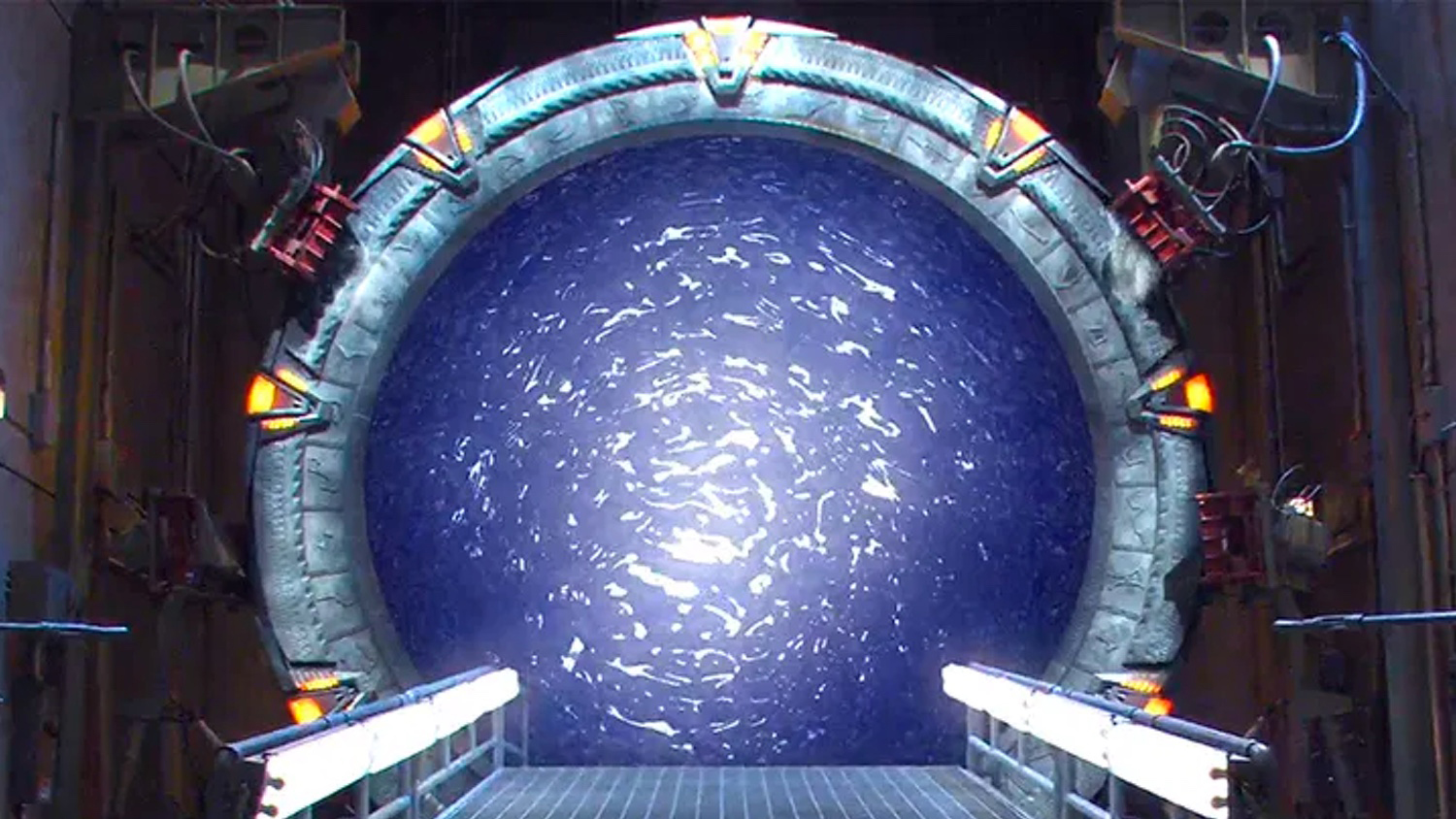NASA Considers Contracting Training Flights with Zero-G
Breaking space news, the latest updates on rocket launches, skywatching events and more!
You are now subscribed
Your newsletter sign-up was successful
Want to add more newsletters?

Delivered daily
Daily Newsletter
Breaking space news, the latest updates on rocket launches, skywatching events and more!

Once a month
Watch This Space
Sign up to our monthly entertainment newsletter to keep up with all our coverage of the latest sci-fi and space movies, tv shows, games and books.

Once a week
Night Sky This Week
Discover this week's must-see night sky events, moon phases, and stunning astrophotos. Sign up for our skywatching newsletter and explore the universe with us!

Twice a month
Strange New Words
Space.com's Sci-Fi Reader's Club. Read a sci-fi short story every month and join a virtual community of fellow science fiction fans!
NASAexpects to decide in 2007 whether to buy parabolic aircraft services from anestablished commercial provider or continue to use its own dedicated aircraft--perhapsoperated by a private firm.
Titusville,Fla.-based Zero Gravity Corp. (Zero-G) has flown 100 flights since it begancarrying paying passengers in September 2004 and now would like to sign up NASAas a major customer. Gunning for the NASA business, the company recently signeda $7.5 million lease/purchase agreement for a dedicated Boeing 727-200F cargoplane and plans to make $2.5 million in modifications to meet NASArequirements.
Under theprevious agreement with Ft. Lauderdale, Fla.-based Amerijet International,Zero-G was limited to weekend use of two 727s that carried cargo during theweek. Zero-G Chief Executive Peter Diamandis said the company will still havepart-time access to a second 727 should it need it.
NASA hasused parabolic flights for decades to expose payloads and passengers to briefperiods of weightlessness for research and training purposes. The agencyretired its storied KC-135 "Vomit Comet" in 2005, but replaced it the followingyear with a DC-9 it acquired from the U.S. Navy and spent $6.1 million gettingit ready to enter service.
NASAofficials said the agency is willing to buy parabolic flight services fromZero-G, but also wants to take a closer look at other arrangements, such ascontracting out the operation of its own dedicated aircraft to an outside firm.
DavidFinney, chief of NASA Johnson Space Center's Aircraft Operation Division here,said in a Dec. 5 e-mail that Johnson would continue to operate its modifiedDC-9 "unless a lower cost alternative is identified--with requisite assurancesof flight safety, responsiveness and effectiveness--that can meet NASA's[microgravity] research requirements."
Finney saidNASA headquarters officials in Washington had assigned the agency'sCleveland-based Glenn Research Center responsibility for issuing a request forproposals next year to "identify a commercial company that could meet theserequirements."
Breaking space news, the latest updates on rocket launches, skywatching events and more!
NASAheadquarters officials familiar with the coming procurement said that in orderfor Zero-G to win NASA's business it will have to show that it offers the mostcost-effective solution. The competition, these officials said, also is open tocompanies that want to propose operating the NASA-owned DC-9 under a contract.
Zero-Gofficials are steamed that NASA would even consider a so-calledgovernment-owned, contractor-operated deal given the fact that U.S. law and policy direct the agency to use commercial services where available.
RobertWalker, the former House Science Committee chairman and a Washington lobbyistwho serves on Zero-G's board of directors, told Space News thatgovernment-owned, contractor-operated arrangements of the type NASA is willingto consider "make a mockery of the whole concept of commercialization."
Walker said Zero-G has cleared everyhurdle NASA has put in front of the company, including getting certificationfrom the Federal Aviation Administration and qualifying for the General ServiceAdministration's qualified bidders list.
"Afterclearing each one of the hurdles, a new hurdle appears," Walker said. "Now leftwith no other options, at least some people inside NASA have decided to set upa competition."
Walker said he takes small comfort inassurances from NASA that the competition will come down to the proposal thatoffers the best price for the services NASA needs.
"It's a questionof how you get to the price," Walker said. "If you have an entity [in thecompetition] that doesn't have to pay taxes on the assets, amortize the cost ofthe airplane or go get FAA certification, etc., well, then, they can pull anyfigure almost out of the air at this point."
Walker faults Johnson officials concernedabout job preservation for forcing an open competition in a situation where hefeels NASA is not only justified in awarding a sole-source contract to Zero-G,but compelled to do so by a litany of policy guidance starting with theCommercial Space Act of 1998 and including the most recently issued U.S. space policy.
"EverybodyI have talked to at [NASA] headquarters has been very positive and would loveto see Zero-G offer a good price to taxpayers because they believe this wouldbe a poster child for further commercialization efforts," Walker said.
"Theresistance is clearly at Johnson," he added. "I gather that the further you godown in the bureaucracy the more entrenched the resistance is."
- Zero-G Achieved!
- Now Boarding: Zero G Flights for the Public
Brian Berger is the Editor-in-Chief of SpaceNews, a bi-weekly space industry news magazine, and SpaceNews.com. He joined SpaceNews covering NASA in 1998 and was named Senior Staff Writer in 2004 before becoming Deputy Editor in 2008. Brian's reporting on NASA's 2003 Columbia space shuttle accident and received the Communications Award from the National Space Club Huntsville Chapter in 2019. Brian received a bachelor's degree in magazine production and editing from Ohio University's E.W. Scripps School of Journalism.
